Preparing your child for a new baby
A new baby means big changes for the whole family. Second (or third) time around, you’ve got a pretty good idea what’s coming. But your toddler has no idea what’s about to hit them and there’s a good chance they won’t particularly like it when it happens. 
It’s not uncommon for toddlers to have confused reactions to the arrival of a new sibling – one minute being the perfect big brother or sister, then angry, jealous or aggressive, or even self-harming. My eldest son reacted to his brother’s arrival by banging his head – hard – against walls, the floor, people, sometimes hard enough to cause a bruise. It was very distressing (though thankfully passed quickly) and I will always be grateful to the lovely mum who came up to me in the pub garden and told me not to worry, her son had done the same thing.
There are no guarantees that things will go smoothly, but preparing your child in advance for the new baby’s arrival should help to get things off to a good start.
Tell your child there’s a new baby coming
It sounds obvious, but make sure you tell your child a new baby is going to join the family! You might want to wait until 3 or 4 months before the baby is due if your child is still young (patience and waiting not being a toddler’s strength). Point out other families that have more than one child so they can see this as normal. Don’t tell them you are having a baby to give them a brother or sister to play with – new babies are rubbish to play with so you might be setting up expectations that can’t be met.
Talk about babies
Be realistic. Babies cry, poop and sleep (if you are lucky). Try and spend a bit of time with friends who have babies or show your child pictures of babies so they get an idea of what “our baby” will be like. Look at pictures together of when your child was a baby so they can see that they got lots of attention and cuddles when they were babies. Read books about baby brothers and sisters (see Books for preparing your toddler for a new baby). And don’t be surprised if your toddler asks questions about how the new baby was made or how got into your tummy – be prepared with some honest, age appropriate answers about sex and relationships!
Get your child involved
There will probably need to be some changes around the house to prepare for the new baby. Try and get your toddler involved in making things ready. Perhaps you could buy a special present together for the new baby. Let your child feel the baby kicking. Explain what will happen when the baby starts to come – who will be looking after them and where – and that it might happen in the middle of the night. Pack a bag together if they will be going to someone else’s house and make a list of any special items that need to go in at the last minute. (Remember it could be the middle of the night and your mind is likely to be elsewhere!).
Practise being gentle
Toddlers aren’t always known for their gentle touch, especially in the heat of the moment. Introduce the idea of being gentle before the baby comes. Practise on teddies and toys (and pets if you have them!). Stroke your child’s arm gently, saying “I’m being gentle. Can you feel me being gentle?”. Then take your child’s hand and gently guide it to stroke your arm: “Now you’re being gentle. Well done for being so gentle!” Every time you spot your child being gentle (with a toy, a person or a pet), praise them for being gentle: “Well done, you’re being very gentle, I love it when you’re gentle!” By the time the new baby arrives, your child should have a handle on what the word gentle means and how to do it.
Maintain their routine
Children feel safe and secure when their world is predictable. A new baby is going to throw a spanner into that predictable routine. Try to keep as much the same for your child as possible. If changes need to be made (such as a new bed, room or childcare arrangement), try to make the change well in advance of the baby’s arrival so your child has time to adjust.
Hopefully, preparing your child for a new baby will help smooth the transition – but the arrival of a new baby is a huge change for any child so be prepared for some temporary negative emotions and reactions and try not to take those to heart.

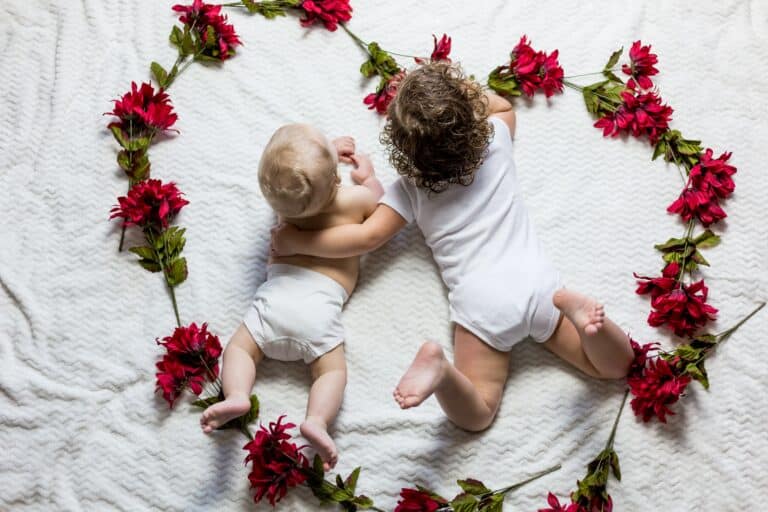

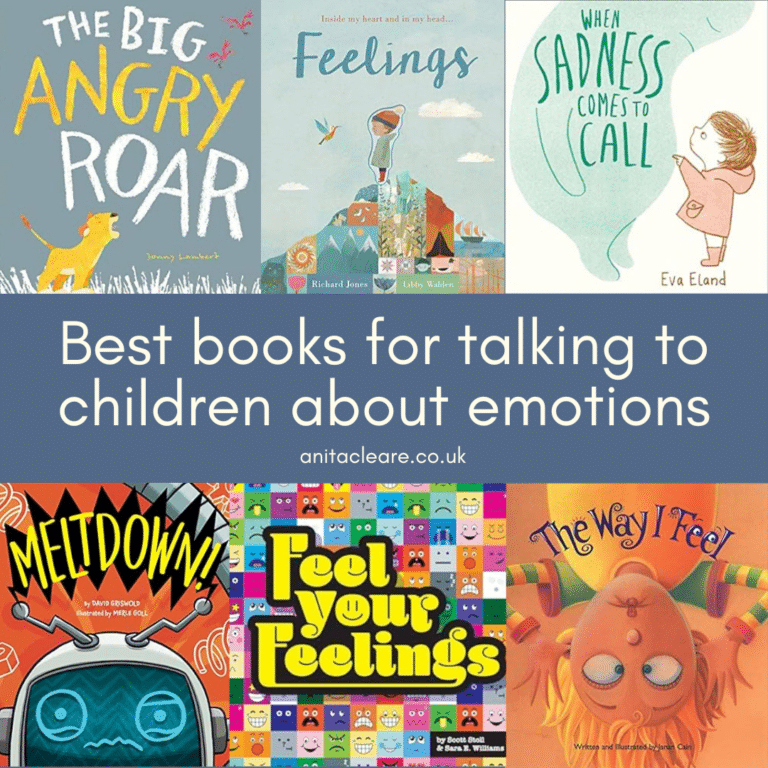
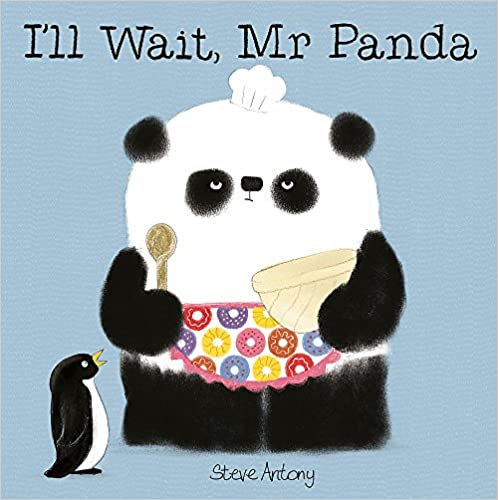
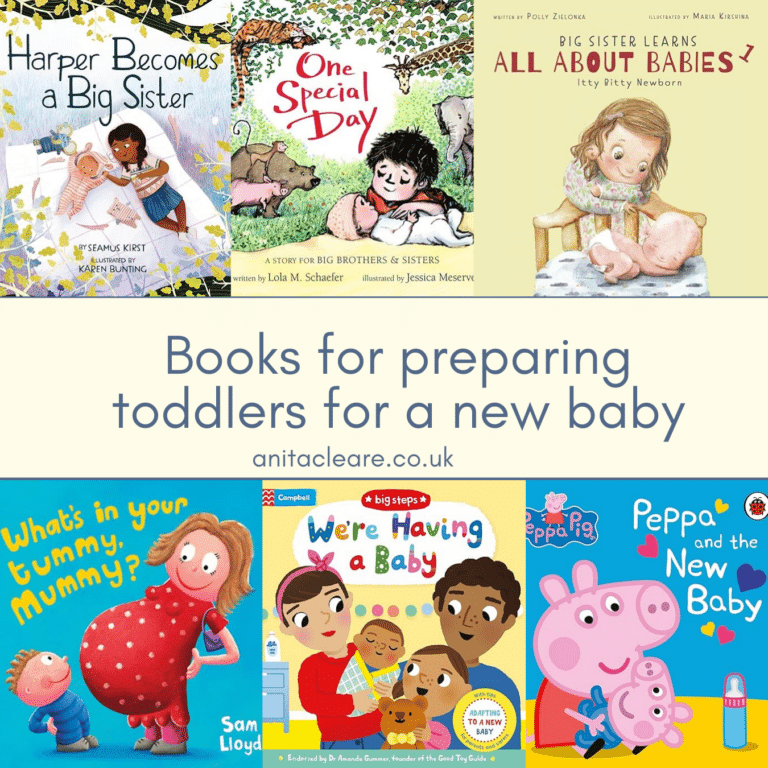
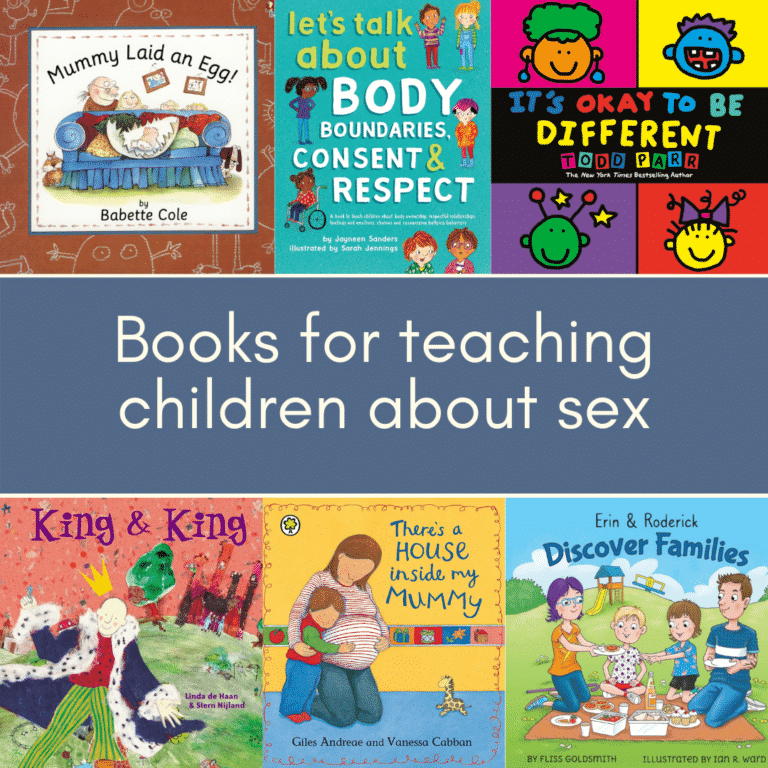
This is really great advice. We have just started to think about number 2 so really good to read. #picknmix xx
Thanks for stopping by!
There were 19 months between my two boys and the eldest hated the youngest on sight….it wasn’t the most fun few months until he accepted him mostly…once youngest could walk his brother kept unlocking doors and pushing him out to try and get rid of him. Mostly they’ve been the best of friends after all that though!!
Thanks for linking up to #PicknMix
Stevie x
It’s certainly not always an easy ride and when you look at it from their perspective there are so many reasons for an older child not to like a new arrival!